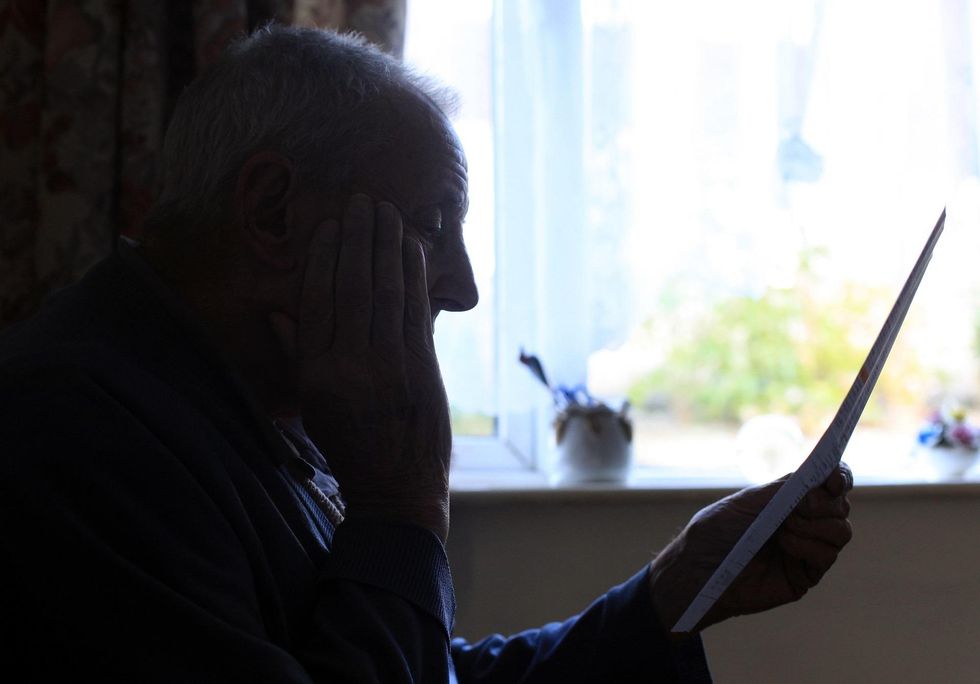
Older Americans, 65 and older, "are more likely than ever to find themselves in bankruptcy court," according to a new study that blames the trend on reductions in the social safety net. (Matt Cardy/Getty Images)

A new academic study says Americans 65 and older "are more likely than ever to find themselves in bankruptcy court" and blames the trend on reductions in the social safety net.
Professors from four universities teamed up to write the study, titled "Graying of U.S. Bankruptcy: Fallout from Life in a Risk Society." Indiana University, the University of Idaho, the University of Illinois and the University of California, Irvine, funded the research through an effort known as the Consumer Bankruptcy Project.
In the abstract, the authors stated that the treatment of older Americans deteriorated beginning in the early 1980s when "conservatives, free market advocates, and media promoted the image of older Americans as 'a threat to economic viability,' as thieves of our children's futures, and as 'responsible for the nation's economic problems.'"
Using data from the CBP, the study found that since 1991, the number of seniors filing for bankruptcy has more than tripled. The authors believe the trend has little to do with the fact that the baby boomers are reaching retirement age in droves.
"These changes are so great that the broader trend of an aging U.S. population can explain only a small portion of what is happening in the bankruptcy courts," the authors wrote.
Instead, the authors wrote, "our data suggest that financial crises associated with living in America's high-risk society are highly correlated with older Americans' increasing use of the bankruptcy system."
The study is now under peer review, and the data was based on questionnaires completed by 895 bankruptcy filers ages 19 to 92. Elderly respondents cited an array of reasons for how they ended up in financial distress, including medical expenses, reduction in income, and co-signing on loans for adult children.
In its conclusion, the study makes a call for action: "Now that we can see the magnitude of the coming storm of broke elderly, it is time to renew our commitment to supporting our citizens as they age."
Calling community and charitable organizations "inadequate" for tackling the crisis, the researchers wrote that "the lessons of prior decades show that aid to older citizens must originate with our government."
Lead author Deborah Thorne, an associate professor of sociology at the University of Idaho, told NPR that she and her colleagues at the CBP "hope that policymakers would decide to make this a priority and provide some security, financial security through more affordable medical care and more security in how older people manage their retirement accounts."
"And we hope the policymakers will step up and shift policy so that there's more protection for older Americans," she added.